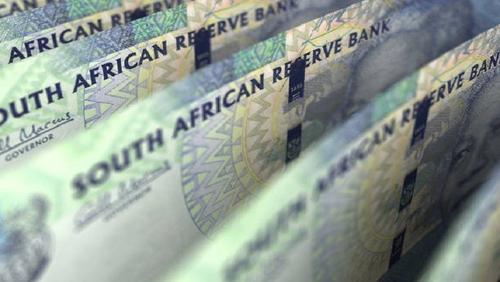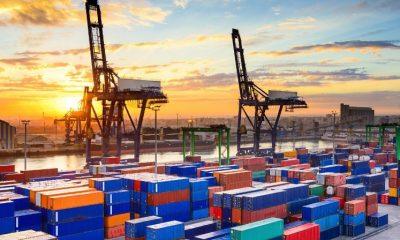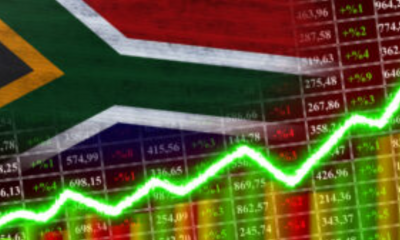Business
Understanding Sovereign Spreads: Why They Matter for South Africa’s Borrowing Costs

A sovereign spread is the difference between the yield (interest rate) a government must offer on its debt and the yield of a benchmark, usually US Treasury bonds. It reflects the perceived risk of lending to that country versus a safer investment like US debt.
In simpler terms, it’s a premium investors demand to compensate for the risks of investing in a specific country’s bonds.
Why Do Sovereign Spreads Matter?
Sovereign spreads serve as a financial thermometer for a country’s creditworthiness. The higher the spread, the more expensive it becomes for a government to borrow money from international markets.
For South Africa, a rise in spreads means that if it wants to raise money through dollar bonds, it has to pay more interest — which adds to its debt burden and fiscal challenges.
What Drives Spreads Higher?
Several factors influence sovereign spreads, including:
-
Global risk sentiment: When investors flee to safety (e.g., after Trump’s tariff war announcement), they abandon emerging market assets, raising spreads.
-
Local political uncertainty: Disagreements within South Africa’s coalition government create investor unease.
-
Fiscal instability: Rising debt levels or deficits make lenders more cautious.
Current Situation: Why Are South Africa’s Spreads Surging?
As shown in the chart above, South Africa’s sovereign spread has jumped to levels not seen in nearly two years. This coincided with:
-
The announcement of reciprocal tariffs by the Trump administration.
-
Increased global market volatility.
-
Political sparring over South Africa’s 2025 budget.
Consequences for South Africa
-
More costly borrowing: The government might have to raise debt locally instead of internationally.
-
Investor hesitation: Spreads signal risk, so wider spreads may deter investors.
-
Budgetary strain: Higher interest payments limit funds available for social and infrastructure programs.
Bottom line: Sovereign spreads are a key measure of how the world views a country’s financial stability. For South Africa, keeping these spreads under control is vital to managing its public finances and attracting investment.
Follow Joburg ETC on Facebook, Twitter , TikTok and Instagram
For more News in Johannesburg, visit joburgetc.com

























